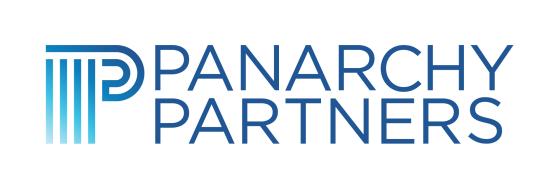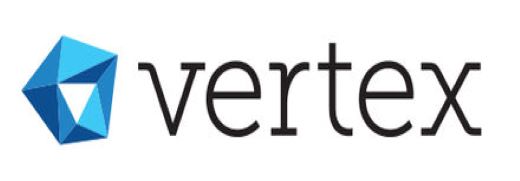One of the major trends in finance over the last decade is the rising awareness of the impact that companies and investors have on individuals, society, and the planet. This course takes a close look at sustainable investing, with a special emphasis on alternative asset classes: “mainstream” alternatives like venture capital, private equity and hedge funds; and “new” alternatives like insurance-linked securities, cryptocurrencies, and alternative finance.
After beginning with an overview of the investment management industry, we will review key market characteristics of each asset class such as size, growth and profitability; common investment strategies; how sustainable investing relates to these strategies; and how the strategy fits within an institutional investment framework. Beginning in 2022, this course will be delivered in an SMU-X format in conjunction with partner firm(s) from the investment management industry.
Working in groups of 5-6, students will have the opportunity to work on timely, important projects for our partner(s) such as new product development or competitive analysis. Groups will present their findings to representatives from the partner firm(s) at the conclusion of the course.
At the end of the course, participants will be able to:
- Describe how sustainable investing is defined and implemented by companies and investors across regions and asset classes
- Identify and describe traditional and “new” alternative investments, including size, growth, performance and profitability of asset classes, as well as common investment strategies
- Understand issues of due diligence, including key characteristics such as liquidity, scale, transparency, performance, fees and risk
- Assess the suitability of sustainable investing and alternatives to different classes of investors, and how products fit within an institutional investment framework
- Understand how to create sustainability-aware portfolios reflecting the tradeoffs between financial returns and sustainability
- Make informed decisions about allocation to sustainable investment strategies and alternative investments, including alternative investments with a sustainability tilt
- Incorporate concepts from FNCE6023 and previous courses into effective project solutions for corporate partners, delivered through written materials and presentations

Students proposed ideas to develop creative marketing strategies across different digital platforms.

Students researched on the industries that have the biggest potential for avoided/saved emissions.

Students identified capabilities venture capitalists are developing to create value for their portfolio.